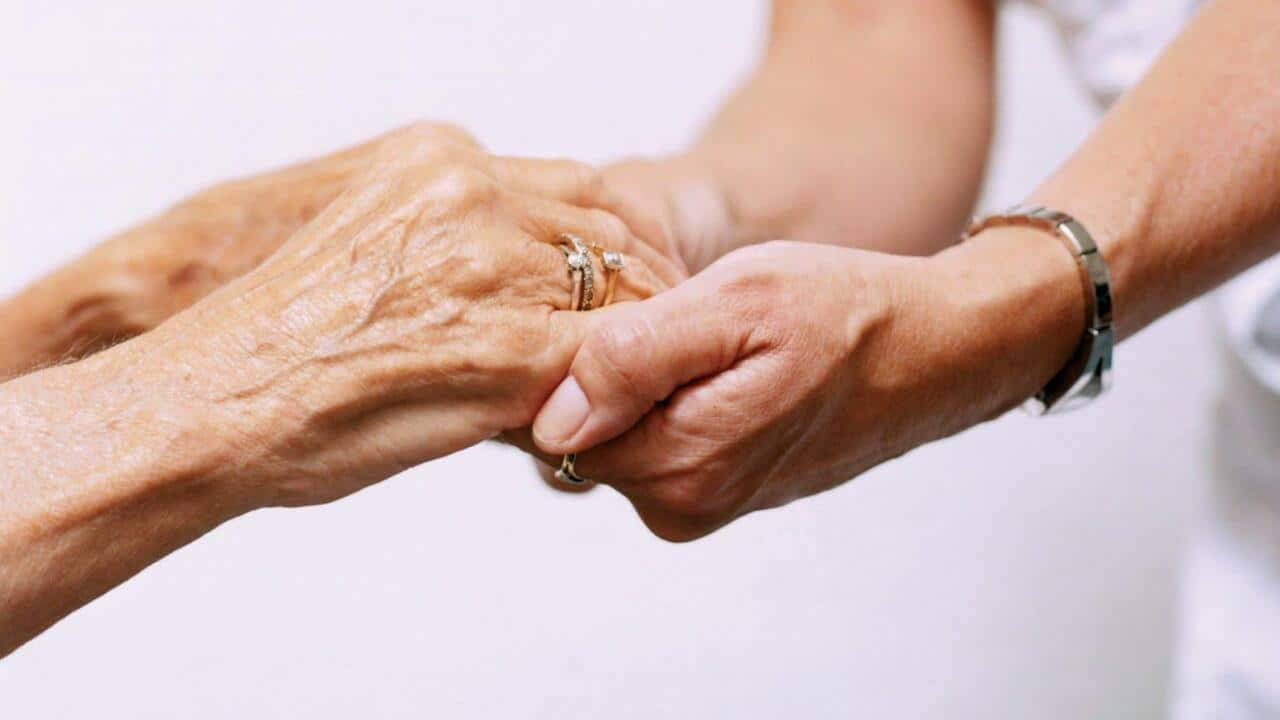John Howard’s recent remarks acknowledged the fact that the bulk of caring, at both ends of life, is carried out by women - but fundamentally missed the point.
Everyone, at least at the beginning and end of their lives, if not in between, needs care. While women have traditionally provided this care, this shouldn't be a ghettoised “women’s issue”. Nor is it a party political issue. It’s bigger than that. Care-giving, in all its forms, is an issue that affects every area of our society and economy.
Caring, be it parenting, looking after ageing or ill siblings, parents, grandparents or a combination of the above, is an essential part of a civil society. It is also a mostly unpaid for service with carers and their family shouldering the economic disadvantage and emotional burdens.
An ageing population and increased life expectancy means the concept of the “sandwich carer”, someone who’s caring for children as well as older generations such as parents or grandparents, is going to become an even bigger issue. Boomers are experiencing this now but generally have the wealth (from home ownership to pensions) to manage it better than future generations will be able to.
But, as the boomers themselves get older, and family sizes shrink with people having fewer children, caring will become even more concentrated. (As an aside, this also ties into the well-documented housing affordability issues. Imagine facing the situation of caring for a parent and children in a small two-bedroom apartment.)
While women take the majority of caring duties, we don’t live in a society where men and women are segregated. As such, if we’re talking about something that will impact upon more than 50% of the population then chances are it’ll have a pretty direct flow-on effect on the rest of the population too.
What we're talking about is in fact a very real economic issue. Family carers save the Australian Federal Government more than $40 billion every year. Yet, the majority of our politicians and public policy makers fail to acknowledge, properly support, and value the critical role of caring in our society.
We can’t afford to employ other people to care for our young, ill or ageing populations. Even if money wasn’t an issue, the demand quite simply outstrips supply.
I am a primary carer for someone with a terminal, untreatable and vicious neurodegenerative disease. We’re eligible for four hours of community care support a week. If I need more support, it’s hard to find and expensive.
I’m grateful for the support we have, and count us endlessly lucky that we live in the inner city, in a catchment area with strong health services. I’m also lucky to have a strong support network and understanding employers. If I lived in a regional or outer suburban area, or had to undertake substantial travel to and from work, it would be an entirely different story.
The role of caring will effect a vast majority of us at some point, in challenging, rewarding, inspiring, happy and devastatingly sad ways. There are many life experiences that don’t discriminate – what varies is our access to resources and support to be and give the best we can.
As US President Obama said about childcare, but that should be broadened out to caring as a whole, it’s time to stop treating caring as a “side issue, or as a women’s issue, and treat it like the national economic priority that it is for all of us.”
Anna Burns is currently caring for her parent in Sydney, Australia.
Tune in to #TheFeedSBS at 7.30pm Monday - Friday on SBS 2, stream live, or follow us on Facebook, Twitter, Instagram, Tumblr, or Vine.
Through award winning storytelling, The Feed continues to break new ground with its compelling mix of current affairs, comedy, profiles and investigations. See Different. Know Better. Laugh Harder. Read more about The Feed
Have a story or comment? Contact Us


